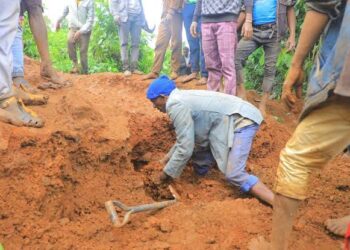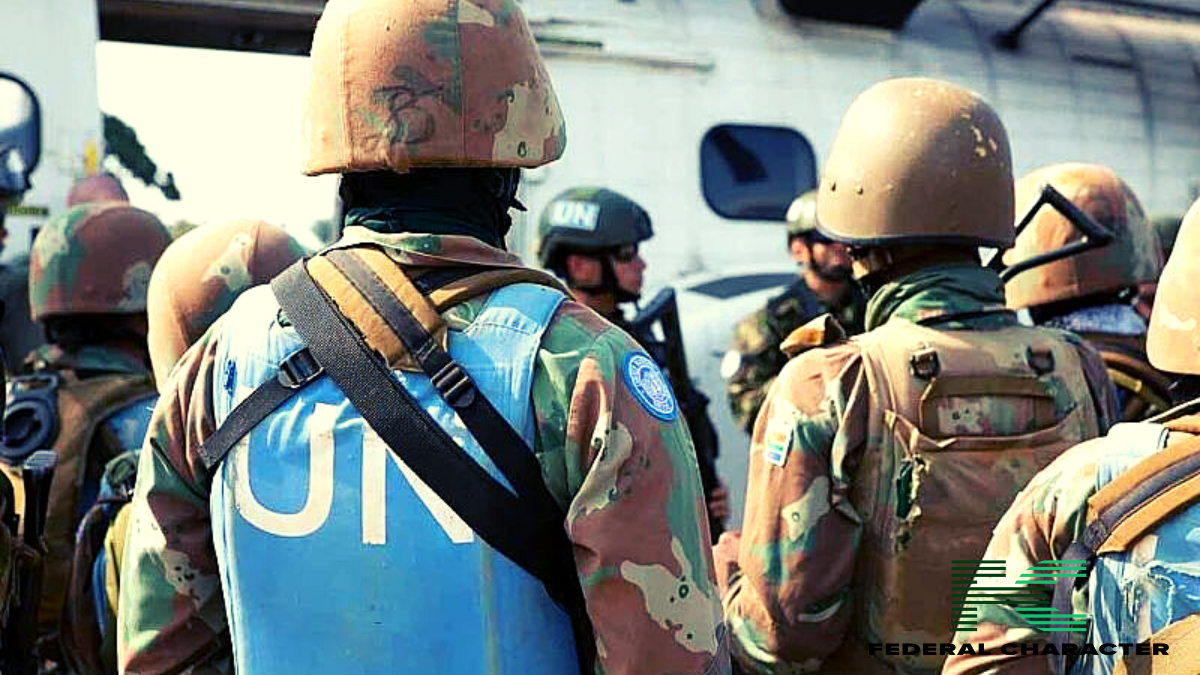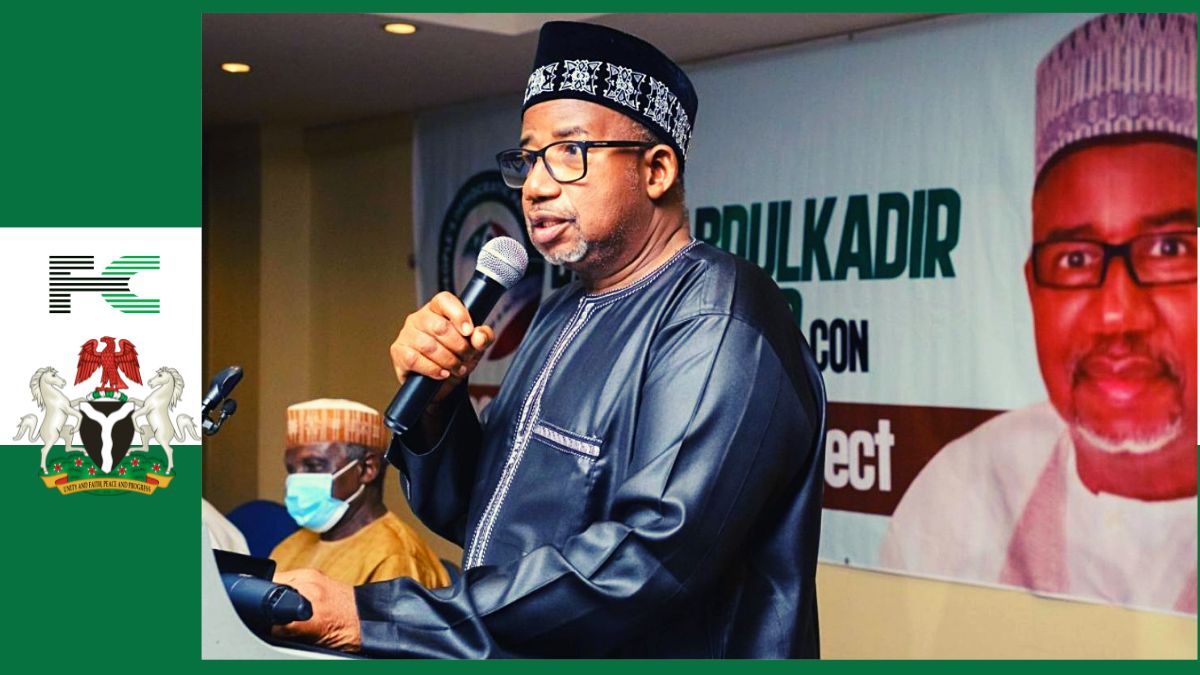The decade-long Boko Haram uprising in North-eastern Nigeria concealed a growing security crisis in the northwest of the country. Kidnapping, cattle stealing, and terrorist attacks are classified as “bandits” by the Nigerian government and media.
Since the mid-2010s, their number in the area has increased dramatically. These bandits bravely attacked security forces across the country and looted entire villages. In the first quarter of 2021 alone, 150 missions were carried out. The violence in the northwest seemed to have no religious motive, although it did not prevent Nigerian jihadists from taking advantage of the unstable situation. Contact with bandits to infiltrate the Muslim-majority northwest region reflects the practice of jihadists in other parts of West Africa, but it is not yet clear how successful the jihadist proposal was. In fact, the situation in the Northwest region is still controversial, and officials are uncertain about the identity, attitude, and goals of many bandits.

There is increasing evidence that jihadists have contacted bandits to invade the Muslim-majority of the northwestern region. The gang crisis is caused by several interrelated factors, including land use and pasture conflicts, which are overwhelmed by security agencies and often overuse. Many bandits come from the Fulani ranch community, but some were also members of the majority of Hausa from northern Nigeria. Others are still suspected of being Nigerians or Malians using Nigeria.
In the past decade, thieves had begun to engage in more lucrative kidnapping and extortion activities, especially on the streets. Many Fulani accused the Hausa elite in the northwest of stealing cattle and building pastures, causing the young Fulani to fall into poverty and crime. Due to the increase in the flow of weapons from North Africa and the Sahel since the Libyan Civil War in 2011, dozens or even hundreds of people, including more than 130 students were kidnapped in Niger State on May 30, crimes are now easier to organize. Often better armed than the local security. Some mobs also buy weapons from police and soldiers directly or through intermediaries on the black market (as Boko Haram has reportedly done in the northeast).

Corruption has long hindered Nigeria’s efforts to eliminate insecurity. A former National security adviser and airforce chief went to court on charges of embezzling funds in the fight against Boko Haram.
The Institute of Chartered Accountants of Nigeria (ICAN), recently revealed that accountants are aiding the increase of corruption among public office holders in Nigeria.
We don’t have a compelling enough deterrent to crime and corruption in Nigeria. Politicians and leaders will always get away with corruption since death is too extreme (and easy) for criminals. Restructuring of the federal components will reduce corruption at the federal level, which brings to question – ‘What exactly is President Buhari doing to fight corruption?’
Corruption in Nigeria needs to be exhumed and that starts with the civil service!
















